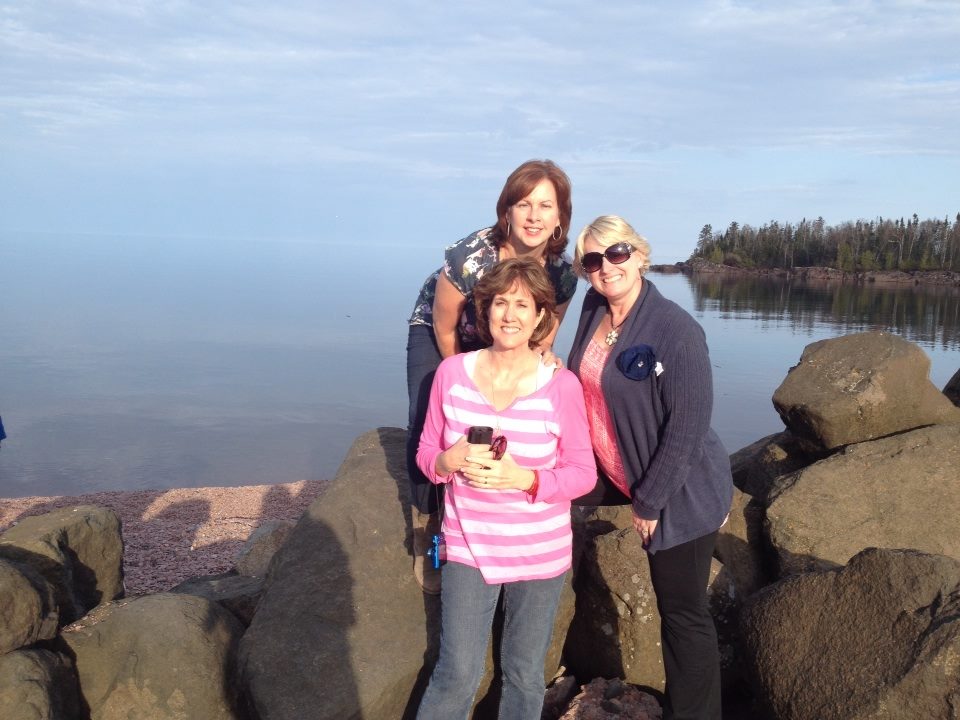I’m starting a campaign. Time for a “second wave” critique partnership model.
“Rachel, what do you mean? I love my critique partners.”
I know! Keeping loving them. Love them well! There’s nothing like a solid critique/writing partner.
The person who faithfully answers frantic phone calls or emails. “Help! I have no idea what I’m doing.”
So here’s what I mean by “second wave” critique partner: adding craft as the key component of your partnership.
It’s a marriage of brainstorming, crafting and critiquing.
What’s the benefit? Having a clearer goal for your scenes and chapters before you write them.
For the most part, a critique partner reads what you’ve already written. A craft partner helps you before you write. And yes, while you write.
My craft partner, Susan Warren, often calls me scene by scene. “This is what I just wrote, now help me decide where I’m going next.”
Because we speak the same craft and story structure language, and because we’ve crafted our stories together from the beginning, we know the journey our characters are meant to take.
Susie’s saved me on more than one occasion.
“I think I need a terrorist attack in my prince book.”
“No! You can’t have a terrorist attack in your prince book.”
She was right and saved me valuable writing time. Because we speak the same craft language, she asked, “What are you hoping to accomplish with a terrorist attack?”
When I told her I needed to raise the stakes for my prince, she helped me figure out a new stake based on what I’d already written. The conversation was invaluable.
A craft partnership enables you to have one or two, maybe three, people as familiar with your story as you.
When you’re stuck or foggy-headed because that ole deadline is approaching, or because you’re still learning the ins and outs of novel writing, a craft partner(s) reminds you of what your story is about and where you wanted to go.
The beauty is this method works well for plotters and pantsers!
A craft partner looks at over all structure and character development, and helps develop what Stanley Williams calls the story “spine.”
What’s this story about?
What does the protagonist want?
What is the noble quest or the story journey?
What will the protagonist do in the end he/she can’t do in the beginning?
What’s the inciting incident?
What happens in the middle of the book?
What’s the moment of truth for this protagonist?
What’s their identity verses essence?
What’s a possible black moment?
What is the possible epiphany?
See where I’m going?
A craft partner as like an architect, creating a blueprint before the work begins.
It’s a skeletal outline of where you want to go, your heart and goal for the story.
However, there’s still plenty of beauty in the story to be discovered along the way.
Here’s some suggestions on a craft partnership works:
- Join up with one or two writers you get a long with well. You don’t have to be in the same genre. You don’t have to be in the same publishing place. Indie authors can pair with traditionally published authors. Just find that kindred spirit.
- Work from the same play book. Pick a craft philosophy and study it. Use it’s terminology as a foundation for hammering out your stories. Develop your own terminology if you want but know the basics of how to structure a book.
- When one of you starts a book, use those craft tools to help develop the story. Get the building blocks into place before you start writing. Know where the story is going. This works well for plotters and pantsers.
- When you get stuck in the thick-of-the-middle, you can call on your craft partner to help keep you on track. Even remind you of story elements you’ve forgotten. Or keep you from veering too far off course.
- If you want to change your story, a craft partner can help navigate those changes. I’ve had to convince my writing partner the change was necessary. As a result, I further understood the story myself.
So take the challenge. Join the next wave of critiquing and start crafting!

Comments 4
I loved last week’s peptalk on this topic. I’m one of those who has been writing for more than ten years now and have (hopefully) a pretty decent grasp of the craft basics. What I really need is someone to bounce ideas off of and help with plotting before I start writing. I’ve found one partner recently. We’ll try each other out during NANO. Should be fun! I do think it’s better to stay within genre, though. I write YA and middle grade, and there are aspects of those that I need a writer of the same genre to watch for.
Author
Good thinking Ron! Let us know how it goes!
Last week’s peptalk was a craft group yardstick. Three of us have been critiquing each other’s work for several years now. Because we met in a YA critique group that disbanded, we shared each other’s stories after they were written. But now that we’ve become friends and have established trust between us, we analyze our stories pre-present-post in terms of craft too. Thanks, Rachel and Beth, for showing me that we’re on the right track.
Author
Fantastic Debra! Way to go!